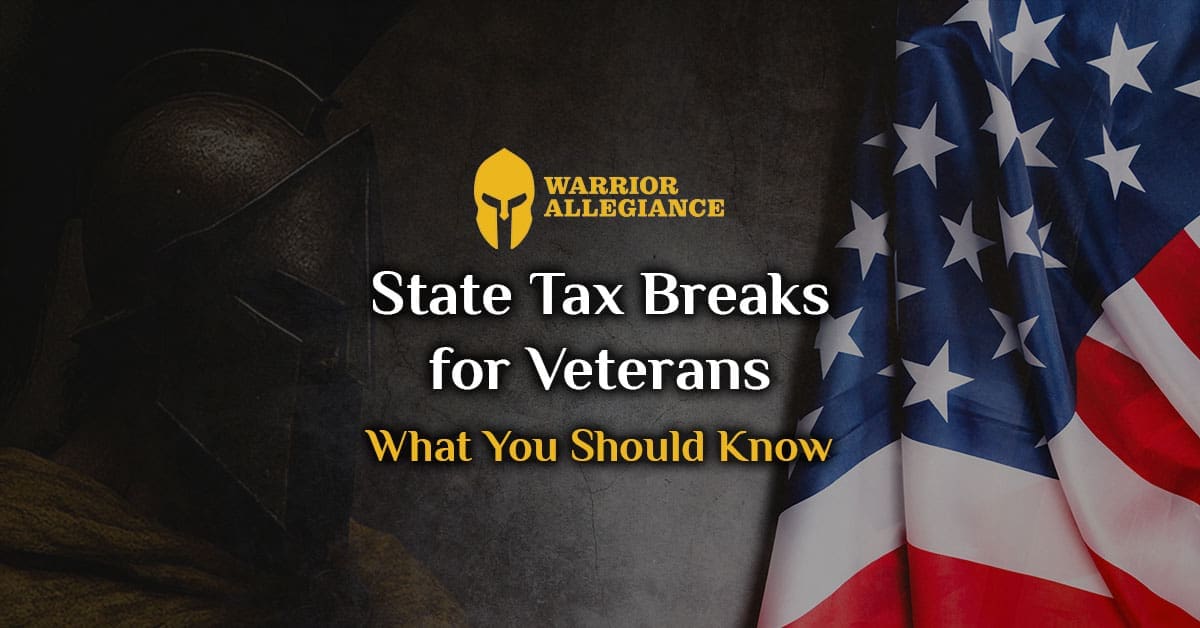Transitioning from military to civilian life comes with new responsibilities, and one of the most confusing areas for many veterans is taxes. While federal tax rules apply to everyone, state tax breaks for veterans can vary widely depending on where you live. These benefits can save veterans thousands of dollars each year, but many aren’t aware of what’s available to them.
In this post, we’ll break down the most common state tax benefits for veterans, explain how they work, and highlight steps you can take to maximize your savings.
Why State Tax Breaks for Veterans Matter
Veterans have served their country, often at significant personal cost. Recognizing this, many states provide tax relief as a way to ease financial burdens. These tax breaks can reduce income tax, property tax, sales tax, and vehicle registration fees. Knowing what you qualify for can help you:- Lower your overall tax bill.
- Keep more of your retirement or disability pay.
- Make home ownership more affordable.
- Stretch your income further during the transition to civilian life.
Common Types of State Tax Breaks for Veterans
1. Property Tax Exemptions
Many states reduce or eliminate property taxes for veterans, particularly those with service-connected disabilities. Some states offer partial exemptions based on disability rating, while others waive property taxes entirely for veterans who are 100% disabled. For example, Texas offers a full property tax exemption for veterans with a 100% service-connected disability rating. Other states, like Florida, provide sliding-scale exemptions depending on disability level.2. Income Tax Exemptions
Certain states exempt military retirement pay from state income tax, which can be a major benefit. As of recent years, over half of U.S. states provide full or partial exemptions on military pensions. For veterans living on fixed incomes, this relief adds up quickly.3. Vehicle and Registration Benefits
Some states reduce or waive vehicle registration fees for veterans. In some cases, veterans can also qualify for free or discounted specialty license plates.4. Sales Tax Relief
While less common, certain states offer sales tax exemptions for specific veteran groups, such as those with significant disabilities or veterans receiving certain forms of aid.5. Educational and Business Tax Incentives
Veterans looking to go back to school or start a business may also qualify for state-level tax incentives that reduce fees and encourage growth.How Benefits Vary State by State
It’s important to remember that there’s no “one size fits all” rule here. A veteran living in California will face very different tax laws than one in Texas or Florida. Some states, like Alaska and Nevada, don’t levy state income tax at all—while others may still tax retirement pay but provide property tax relief instead. Because of this variation, it’s a good idea to:- Check your state’s Department of Veterans Affairs website.
- Reach out to your county tax assessor’s office.
- Ask about both state and local programs, since some counties and cities provide extra benefits.
Tips for Maximizing Your State Tax Breaks
- File Early and Keep Records Having clear documentation of your disability rating, DD214, and retirement pay records makes it easier to claim exemptions without delays.
- Combine State and Federal Benefits Federal tax exclusions—such as tax-free VA disability compensation—can often be paired with state-level breaks for even greater savings.
- Look for Hidden Local Benefits Some counties or municipalities have additional programs for veterans that aren’t widely advertised. Always ask.
- Don’t Assume Benefits Are Automatic Many state benefits require an application. Missing paperwork could mean missing out on significant tax relief.

